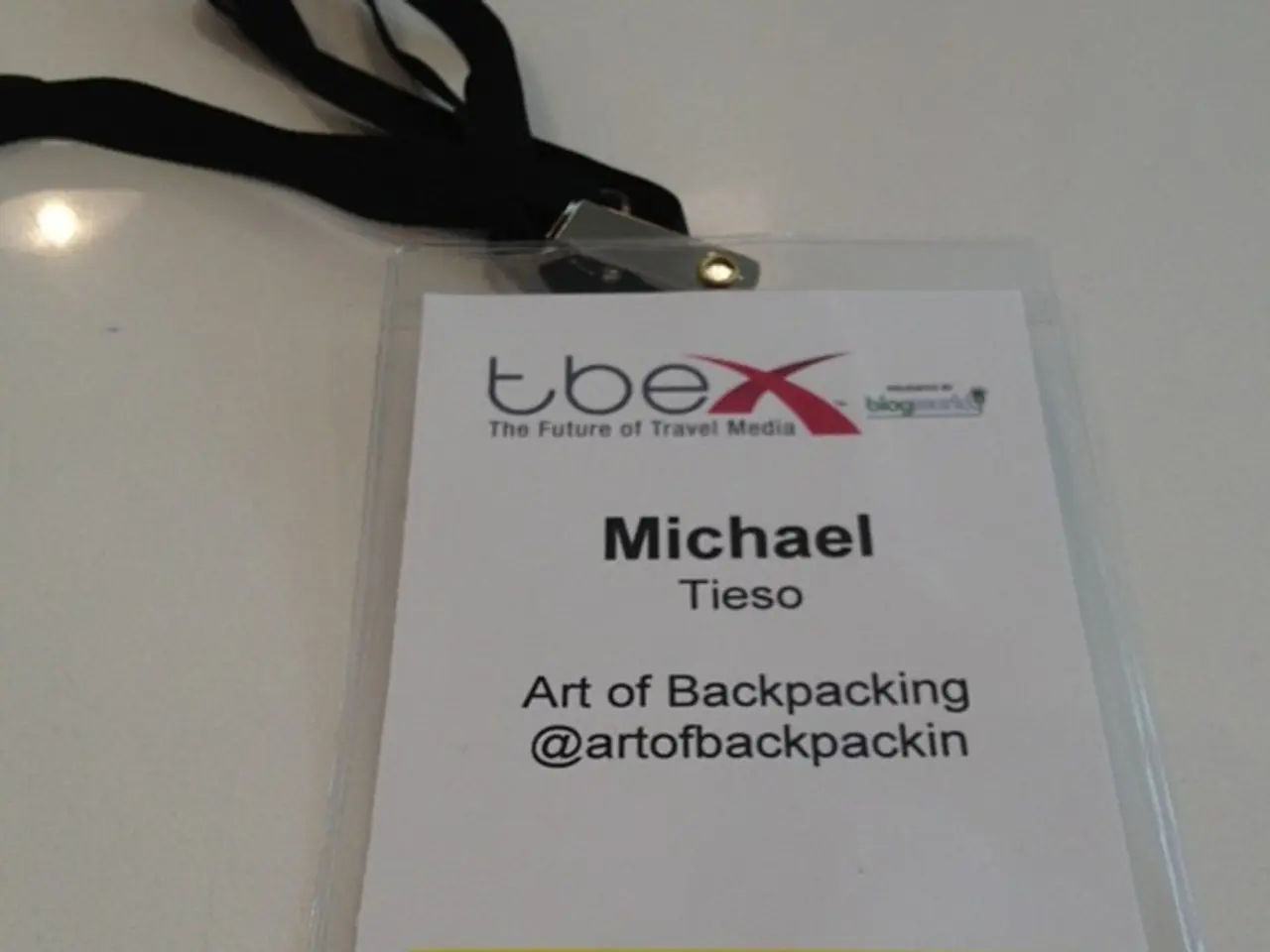Linking Each Personality Assessment to Its Description - Advantages Explained
Personality assessments have become increasingly popular tools for gaining insights into individual traits, behaviors, and preferences. These assessments offer unique benefits, aiding in personal development, career choices, team dynamics, and more.
Myers-Briggs Type Indicator (MBTI)
The Myers-Briggs Type Indicator (MBTI) is a widely-used personality assessment that helps individuals understand their personality types and how they interact in groups. By categorizing individuals into 16 distinct personality types based on four key dimensions - extraversion/introversion, sensing/intuition, thinking/feeling, and judging/perceiving - the MBTI can improve communication and teamwork in professional and social settings.
Big Five Personality Traits
The Big Five Personality Traits, which focus on five fundamental dimensions of personality - openness to experience, conscientiousness, extraversion, agreeableness, and neuroticism - have demonstrated applications in various areas, including education, employment, and personal development. For example, highly conscientious individuals, who are often organized and responsible, can guide both learning tactics and job fit. The Big Five also predict behaviors like exercise engagement and social interaction.
DISC Assessment
The DISC Assessment, which categorizes individuals into four primary behavioral styles - Dominance (D), Influence (I), Steadiness (S), and Conscientiousness (C) - is widely used in workplace settings to improve team functioning and leadership. Although detailed benefits aren’t extensively documented, DISC is commonly applied to enhance collaboration and conflict resolution.
Enneagram
The Enneagram identifies nine distinct personality types based on core motivations and fears, delving deep into an individual's inner world. It is often used in workplaces to increase job satisfaction and reduce conflict by aligning work roles with personality types. Recognizing one's Enneagram type can explain workplace unhappiness and guide personal growth strategies.
StrengthsFinder
StrengthsFinder focuses on identifying individual strengths to optimize performance, engagement, and personal development. It is an asset-based approach to development, often applied in professional coaching, leadership, and team-building contexts. StrengthsFinder identifies an individual's top strengths out of a pool of 34 unique talent themes, rather than focusing on weaknesses or limitations.
Together, these tools improve self-knowledge and interpersonal dynamics, aid career and personal growth, and can be tailored to educational, vocational, or fitness contexts based on personality insights. By understanding one’s own personality traits and those of others, individuals can build stronger, more harmonious relationships, appreciating differences, respecting boundaries, and finding common ground.
Personality assessments can provide insights into an individual's behavior, preferences, strengths, and areas for growth, leading to increased self-awareness, enhanced communication skills, informed decision-making, strengthened relationships, and personal growth strategies.
- These personality assessments, such as the Myers-Briggs Type Indicator (MBTI), the Big Five Personality Traits, the DISC Assessment, the Enneagram, and StrengthsFinder, are instrumental in education-and-self-development, offering valuable insights into one's personality traits and behaviors.
- By leveraging the results of these assessments during career-development, individuals can make informed choices about their roles and work environments, fostering growth and success in their professional lives.




